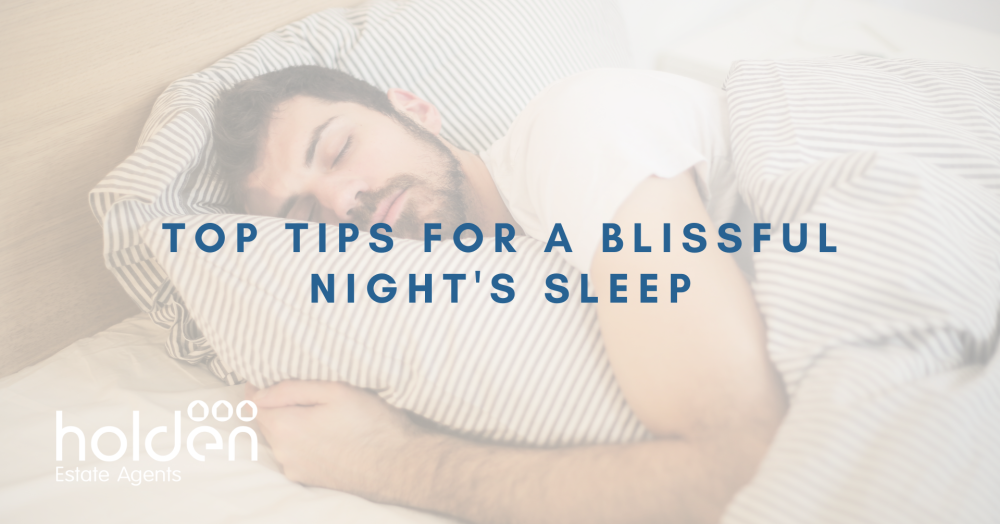Today is World Sleep Day so let’s look at why a good night’s kip is so important. (A three-minute read.)
Today is World Sleep Day so let’s look at why a good night’s kip is so important. (A three-minute read.)
The pandemic has impacted almost every area of our lives, including our ability to enjoy a deep and blissful slumber.
Studies in the UK, US, China, and Italy have all found that since Covid-19 emerged, insomnia has increased dramatically.
The problem is so widespread that there’s even a (somewhat clunky) buzzword to describe it: ‘coronasomnia’.
In the lead-up to World Sleep Day on 18 March, let’s look at what causes sleep disruption and how to beat insomnia.
Why is sleep so important?
Maggie Thatcher famously got by on just four hours of sleep a night, but experts say most of us need to kip for seven to eight hours to enjoy optimum health.
In the short term, lack of sleep can leave us irritable, lethargic, and unable to concentrate. Longer-term, it can cause anxiety, depression, and increase the risk of diabetes and cardiovascular disease.
The cause of sleep problems
Stress, lack of routine, and alcohol are all major sleep disrupters (no wonder insomnia skyrocketed during lockdown).
Sleep apnoea – a disorder where the soft tissue in the throat blocks the airway during sleep – can also cause significant problems. Symptoms include loud snoring, gasping for air, and interrupted breathing.
Tips for a good night’s rest
If you think you have sleep apnoea, seek medical advice. If, however, you believe lifestyle factors are the root cause, try these tips.
- Avoid alcohol and caffeine: Alcohol might help you nod off initially, but it’s likely to play havoc with the quality of your sleep as the night progresses. Tea and coffee that contain caffeine are also no-nos.
- Stick to a routine: Avoid late nights and long lie-ins. Standardising the time you wake and go to bed will help to stabilise your internal body clock.
- Ditch devices: No phones or iPads close to bedtime as this will stimulate your brain and make it harder to nod off.
- Exercise: Hit the gym, pool or go for a run as studies show that regular daytime exercise improves the quality and duration of your sleep.
- No late-night snacking: You’ll struggle to drift off if your body is busy processing food. Late-night eating may also slow your metabolism – and hence impact your waistline.
One thing is for sure, and that’s when selling or renting your property, a good estate agent will help you rest easier at night.
From all of us here at Holden Estate Agents, sleep easy and thanks for reading.

